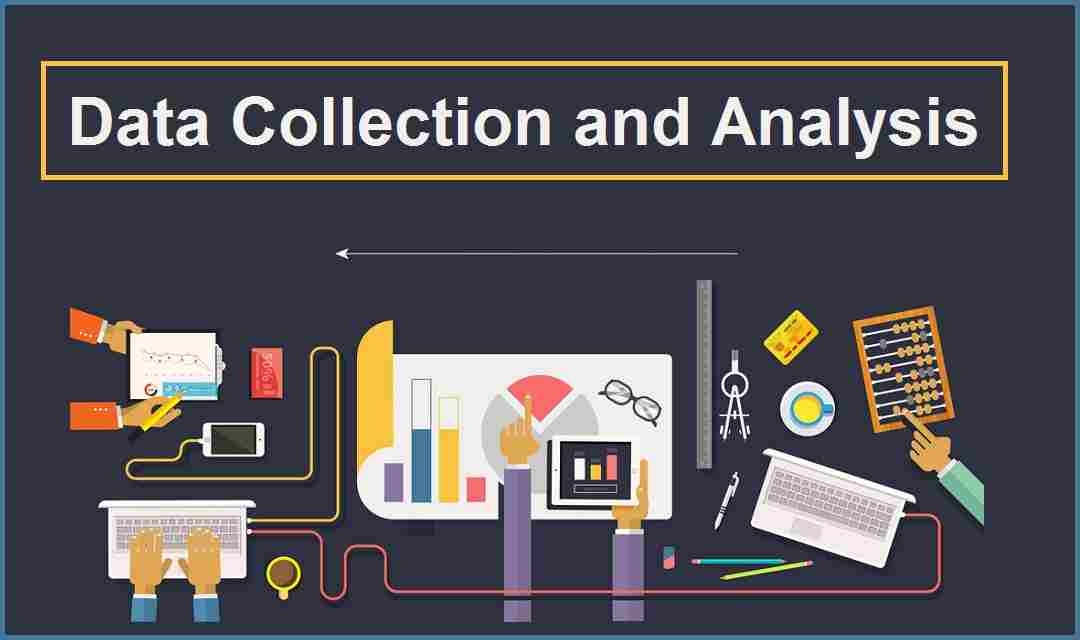What Is Personalized Marketing? Strategy, Examples & Trends
Personalized marketing, also known as one-to-one marketing or individualized marketing, is an approach that focuses on delivering customized content, products, or experiences to individual consumers based on their unique preferences, behaviors, and characteristics. Unlike traditional mass marketing techniques that target broad audience segments, personalized marketing aims to create highly relevant and engaging interactions tailored to each customer's specific needs and interests. This article explores the concept of personalized marketing, strategies for implementation, examples of successful campaigns, and emerging trends in the field.

Understanding Personalized Marketing:
Personalized marketing is rooted in the idea of treating each customer as an individual rather than a faceless member of a target audience. It involves collecting and analyzing data about customers' demographics, browsing history, purchase patterns, and interactions with the brand to develop insights into their preferences and behaviors. With this information, marketers can create targeted messages, offers, and recommendations that resonate with each customer on a personal level, driving engagement, loyalty, and ultimately, conversions.

Key Components of Personalized Marketing Strategy:
Data Collection and Analysis:
Personalized marketing begins with gathering data from various sources, including website interactions, social media engagement, purchase history, and demographic information. Marketers use advanced analytics tools to segment customers based on common attributes and behaviors, enabling them to identify patterns and trends that inform personalized content and recommendations.

Customer Segmentation:
Once data is collected, marketers segment customers into distinct groups based on shared characteristics or behaviors. This segmentation allows for more targeted messaging and offers tailored to the specific needs and preferences of each segment. Common segmentation criteria include demographics (age, gender, location), psychographics (lifestyle, values, interests), and behavioral data (purchase history, browsing activity).

Personalized Content Creation:
With customer segments identified, marketers can create personalized content that speaks directly to the interests and needs of each group. This may involve customizing email campaigns, website experiences, product recommendations, and social media ads to resonate with the preferences and behaviors of different segments. Personalized content can take many forms, including product recommendations, targeted promotions, dynamic website content, and personalized email messages.

Automation and AI Technology:
Personalized marketing relies heavily on automation and artificial intelligence (AI) technology to deliver timely and relevant messages at scale. AI-powered algorithms analyze large datasets in real time to predict customer preferences, optimize content delivery, and automate personalized interactions across multiple channels. Automation streamlines the process of personalization, allowing marketers to deliver individualized experiences efficiently and effectively.

Examples of Personalized Marketing Campaigns:
Amazon:
Amazon uses personalized recommendations based on customers' browsing and purchase history to suggest products they may be interested in. These recommendations appear prominently on the homepage, product pages, and in email communications, providing a seamless and personalized shopping experience.

Netflix:
Netflix leverages personalization to recommend movies and TV shows tailored to each user's viewing habits. By analyzing past viewing behavior and preferences, Netflix's recommendation algorithm surfaces content that aligns with each user's taste, increasing engagement and retention.

Spotify:
Spotify curates personalized playlists for users based on their listening history, favorite genres, and mood preferences. The platform's "Discover Weekly" and "Release Radar" playlists deliver fresh music recommendations every week, keeping users engaged and discovering new artists they love.

Nike:
Nike offers personalized product recommendations and customized shopping experiences through its NikePlus membership program. Members receive personalized workout plans, exclusive product releases, and targeted promotions based on their activity levels, fitness goals, and purchase history.

Emerging Trends in Personalized Marketing:
Hyper-Personalization:
Marketers are increasingly adopting hyper-personalization strategies that go beyond basic demographic and behavioral data to deliver truly individualized experiences. This includes leveraging real-time data, location-based targeting, and contextual cues to personalize content and offers at the moment.

AI-Powered Personalization:
Advances in AI technology are enabling more sophisticated personalization techniques, such as predictive analytics, natural language processing, and machine learning algorithms. These AI-driven insights allow marketers to anticipate customer needs, personalize interactions across channels, and deliver highly relevant experiences at scale.

Privacy and Consent Management:
As consumer privacy concerns grow, brands are placing greater emphasis on transparency and consent management in their personalized marketing efforts. Stricter data regulations, such as the General Data Protection Regulation (GDPR) and the California Consumer Privacy Act (CCPA), require businesses to obtain explicit consent from users before collecting and using their data for marketing purposes.

Interactive and Immersive Experiences:
Interactive content formats, such as quizzes, polls, and augmented reality (AR) experiences, are gaining popularity as ways to engage audiences and deliver personalized interactions. These immersive experiences allow users to actively participate in the brand's story, fostering deeper engagement and emotional connection.
Conclusion:
Personalized marketing offers businesses a powerful way to connect with customers on a personal level, driving engagement, loyalty, and ultimately, revenue. By leveraging data-driven insights, segmentation strategies, and advanced technology, marketers can deliver highly relevant and compelling experiences tailored to the unique preferences and behaviors of each individual customer. As consumer expectations continue to evolve, personalized marketing will remain a key differentiator for brands looking to stand out in an increasingly competitive landscape.
Call to Action:
To unlock the full potential of personalized marketing for your business, start by assessing your existing customer data and segmentation strategies. Invest in AI-powered analytics tools and automation platforms to streamline personalization efforts and scale your marketing efforts effectively. By prioritizing the delivery of relevant, timely, and personalized experiences, you can build stronger relationships with your customers and drive sustainable growth for your business in the digital age.







.png)







